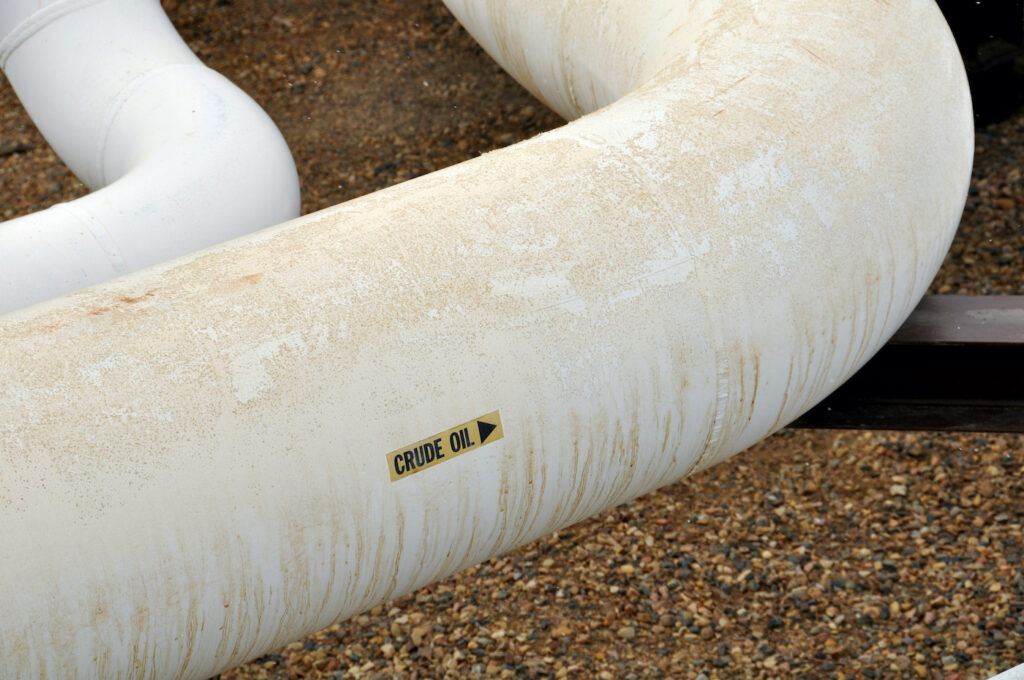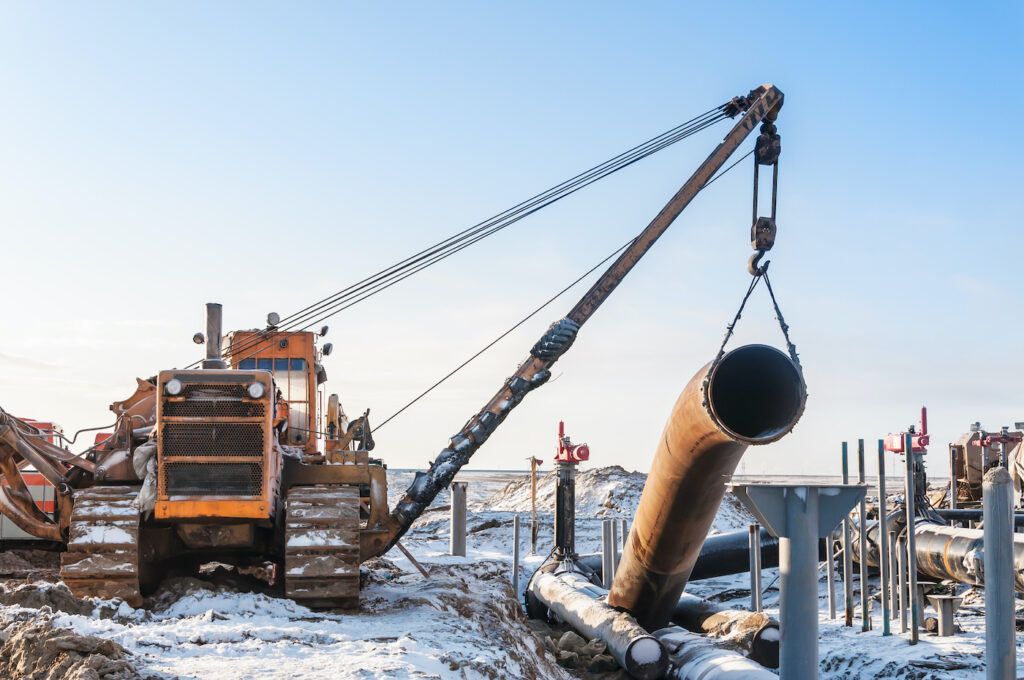It’s no surprise, pipelines play a crucial role in every country’s infrastructure as energy demands are increasing dramatically. Oil and gas pipelines act as veritable arteries as they transport essentials like gas and oil throughout the planet. Even if any country has no natural resources, pipelines can be used to supply energy and that’s why such sources are found throughout the world.
Geographically, Canada is located just north of one of the world’s largest energy-consuming markets. More than 90% of crude oil from Canada goes straight to American refineries. Also, the country has experienced remarkable development in recent years. Several projects have been proposed already awaiting government approval.
Over the years, Alberta pipelines have been the most important medium for transporting water, oil, gas, etc. Pipelines are considered one of the safest methods to transport fuels but there are some risks involved due to failures. These risks if not controlled on time may lead to significant negative consequences. However, reliable companies use the latest manufacturing technologies to reduce risks.
Modern pipeline systems are made to last many years and are also an environmental-friendly product. Steel pipelines are a perfect example of such systems as the metal is rust-resistant and can be recycled over and over again. This is the smart and sustainable solution for delivering oil, gas, and water to communities in Canada.
Let’s take a look at some major environmental and economic benefits of Alberta pipelines…
- The pipeline industry employs thousands of Canadians which further leads to tax revenues. This helps in injecting millions of dollars into the country’s economy every year. Transmission pipeline companies provide many opportunities and support many households across the country.
- The pipeline companies also support local businesses by purchasing raw materials from them. Also, they provide extensive funding for everything related to environmental protection in the form of donations.
- Domestic energy production is vital to Canada and many industries related to the construction, supply, and assembly of pipelines benefit from the billions of dollars in capital investment made every year.
- The pipeline industry delivers economic benefits to both businesses and families along with local, state, and federal government. Apart from creating job opportunities, they also generate significant value for producers, investors, and everyone in the supply chain.
- Transporting through pipelines is more economical as a higher volume can be transported as compared to other sources. Also, pipelines are more reliable as they are less exposed to socioeconomic and environmental risks such as closed roads, strikes, natural calamities, etc.
- As of environmental benefits are concerned, steel pipelines are a great way to reduce carbon footprint, and also the material is recyclable. Today, construction and manufacturing companies are using advanced technologies to create high-grade pipelines.
- As the pipelines are invisible to the naked eye most of the time being under the Earth’s surface, they do less harm to the environment. Also, it is a safe way to deliver highly flammable resources needed to produce electricity.
- Alberta Pipelines help keep costs low for consumer goods such as gas, heating oil, natural gas, and gasoline. These lower prices benefit every single person in the country right from the consumers and producers to manufacturers and distributors.
- Pipelines are safer as no personnel is needed for their operation and they shut off automatically in an event of a leak. Most pipes are underground and therefore the rate of serious incidents is less as compared to transporting on trucks or trains.
With demand for energy increasing from household, industrial, and commercial use, companies are coming up with environmental-friendly and economic solutions for pipelines. Every country is experiencing extensive pipeline installations with every sector relying heavily on natural gas. This development is leading to increased investment benefits, employment generation, labour income, input to GDP, and government revenue.
This increased demand for Canada pipelines will create better infrastructure and increased income. However, there may be environmental concerns that have to be addressed so that no waste is contributed to the communities, rivers, etc. When installed properly, these channels of transportation can provide several benefits.
Contact Zentner Steel Buildings Ltd, if you are looking for the best steel constructor in Alberta.


